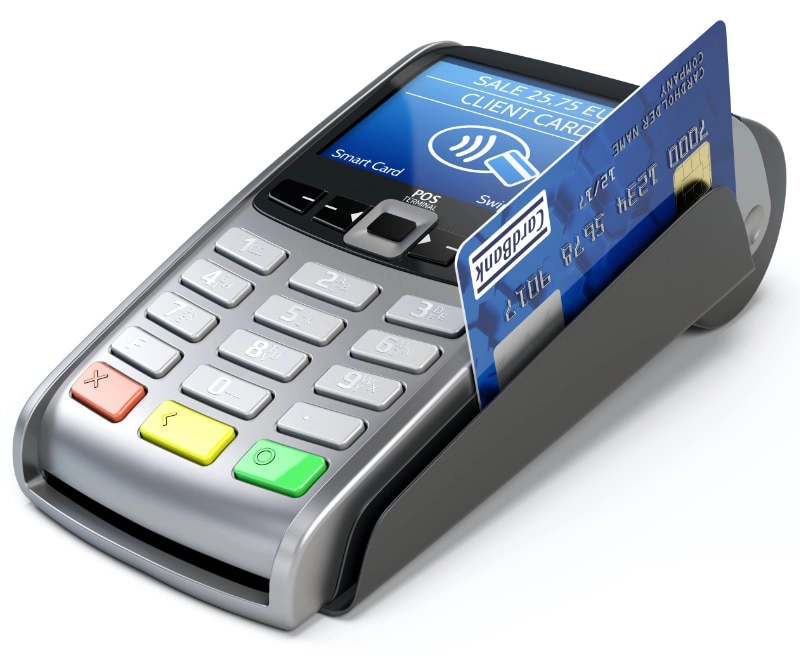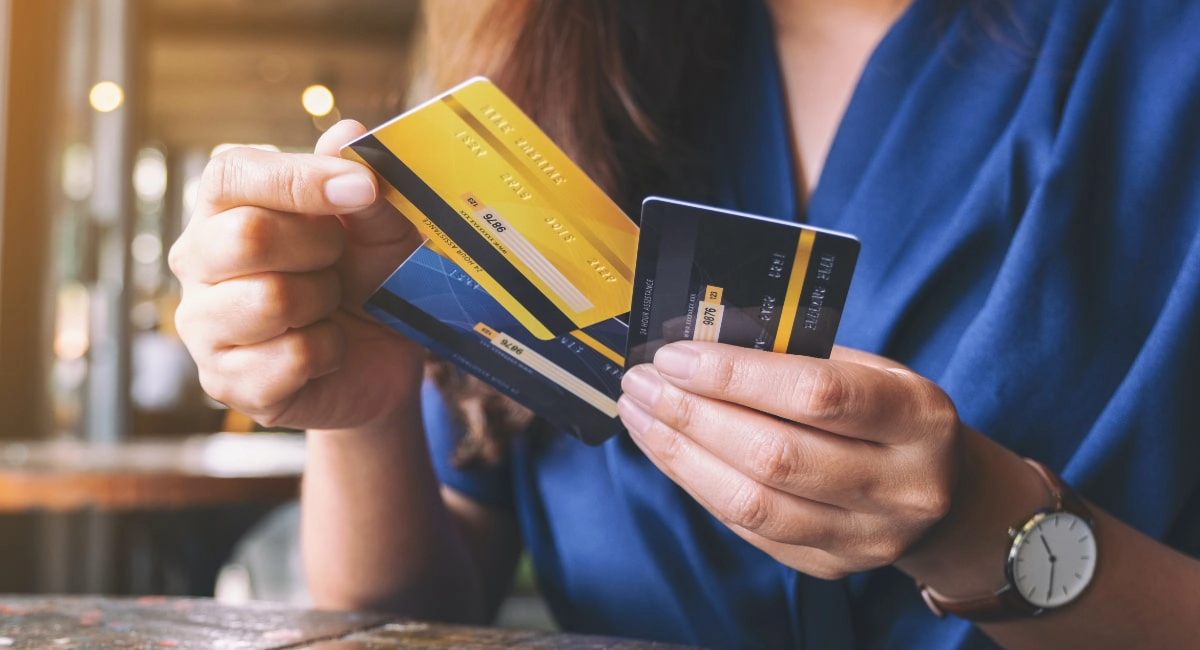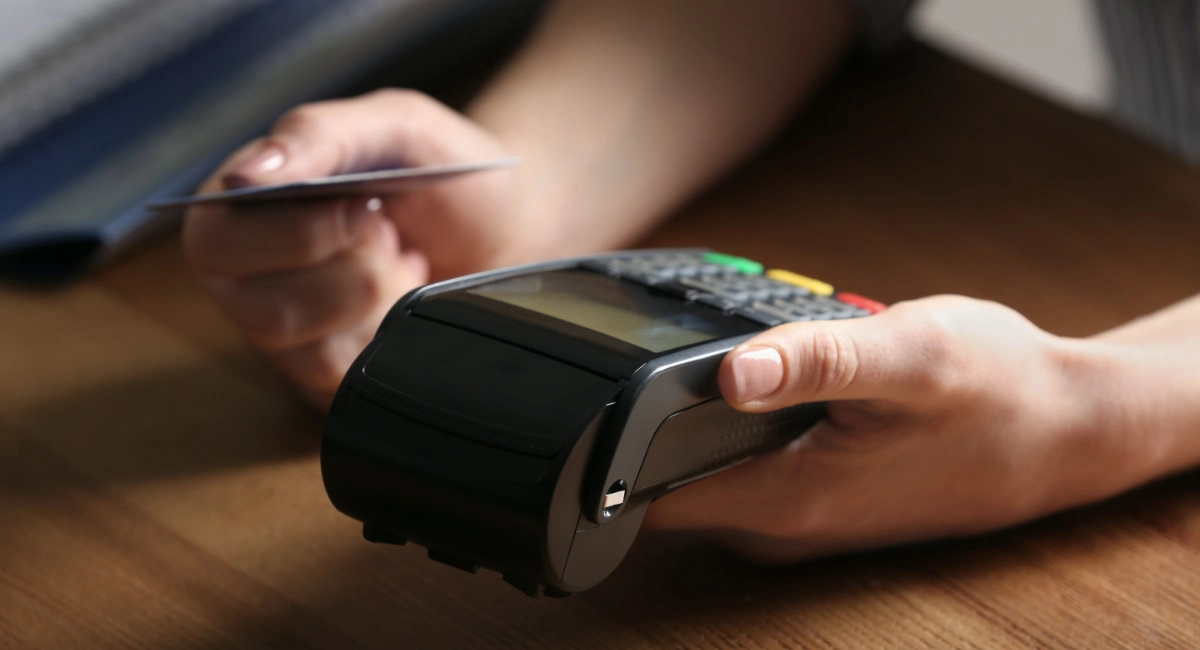The short version
- eftpos is a domestic Australian payment system, while debit cards (Visa, Mastercard, etc.) are internationally recognised.
- Both are linked to a current account and use funds immediately, but eftpos cards can only be used in Australia.
- eftpos transactions tend to be cheaper for merchants, but international debit cards are more widely accepted, especially for online or remote payments.
- eftpos can be used for cash-outs in store, while other debit cards can’t in Australia.
What’s the difference between debit card and eftpos transactions? First, let’s be clear about what we mean by ‘eftpos’.
The letters ‘EFTPOS’ are an abbreviation of ‘Electronic Funds Transfer at Point Of Sale’. It refers to the debit and credit card transactions processed in an electronic payment terminal (EFPOS machine) at an in-store checkout.
What is an ‘eftpos’ card, then? eftpos is a trademarked brand of a national debit card system that only exists in Australia.
Although the name is based on the ‘Electronic Funds Transfers at Point Of Sale’ abbreviation, the Australian company spells it with lower-case letters to distinguish itself from the globally recognised term ‘EFTPOS’.
Now, what’s a debit card?

An EFTPOS machine with a debit card.
A debit card is the international term for a payment card linked to a bank account. Compared to a credit card that pulls money from an agreed credit limit instead of a bank account, debit cards immediately use money that’s in your current account for transactions.
Is a debit card the same as eftpos card payments? Not quite.
Debit vs eftpos cards – differences and commonalities
The eftpos payment system operates like a debit card system. They have the following things in common:
For these reasons, an eftpos card is indeed a debit card, but it’s a domestic card only accepted in Australia by merchants equipped to accept the eftpos brand.
As opposed to international debit cards, eftpos cards cannot be used outside of Australia, but debit cards by Visa, Mastercard, Discover and UnionPay can.
| Debit card issuer | Issued where? | Accepted where? |
|---|---|---|
| Australia | Australia only | |
| Globally | Globally | |
| Globally | Globally | |
| Select countries across the world | Globally | |
| United States | Globally |
| Debit card issuer |
Issued where? |
Accepted where? |
|---|---|---|
| Australia | Australia only | |
| Globally | Globally | |
| Globally | Globally | |
| Select countries across the world | Globally | |
| United States | Globally |
If you’re serving many tourists, it’s therefore crucial to accept debit cards other than the eftpos card used by Australians. This is not a problem today, as nearly all the big card machine providers accept both.
Normally, it’s cheaper for merchants to accept eftpos than Mastercard or Visa debit cards. The Reserve Bank of Australia found that eftpos transactions cost 0.3% while Visa and Mastercard debit cards cost between 0.49% and 0.52% on average in the September 2024 quarter.
There are other differences between the debit card systems:
eftpos system
International debit cards
If you’re selling online, over the phone or remotely, Visa, Mastercard and other debit or credit cards are more widely accepted than eftpos. That’s because eftpos still only works in limited circumstances online, although this is gradually changing.
Consequently, banks in Australia issue debit cards with Visa and eftpos combined.
Credit: Regional Australia Bank

Australian banks issue both eftpos and Visa-branded debit cards.
Generally, the eftpos company has been slow to adopt international payment standards, such as mobile wallet compatibility and contactless payments. In contrast, Visa and Mastercard have had contactless cards for over a decade.




